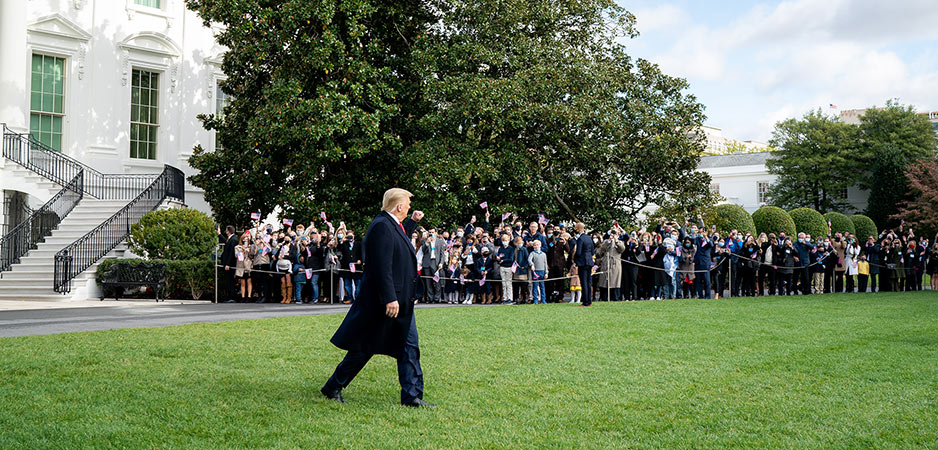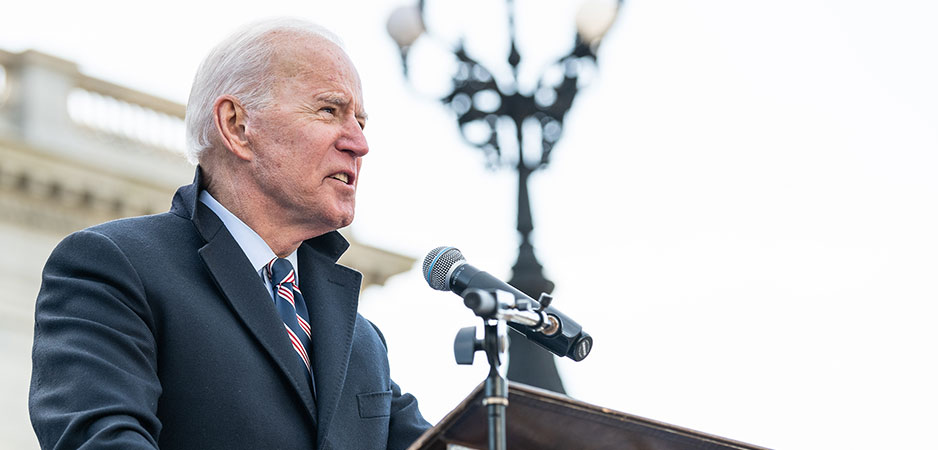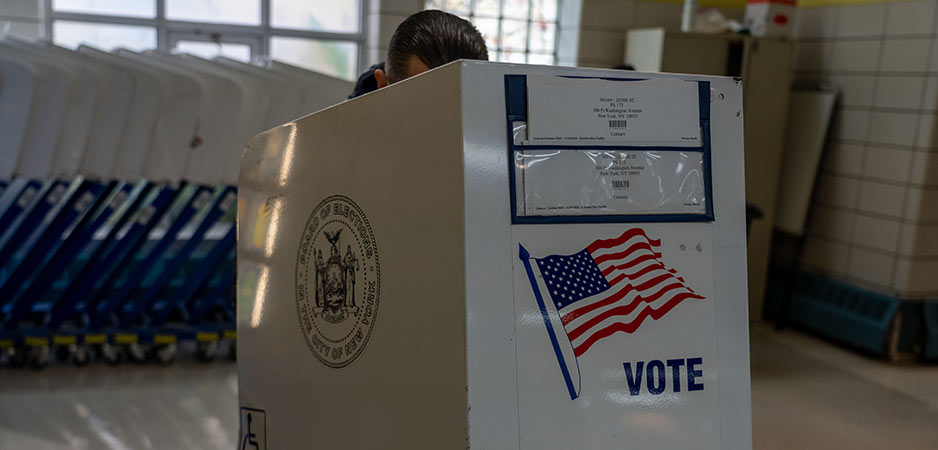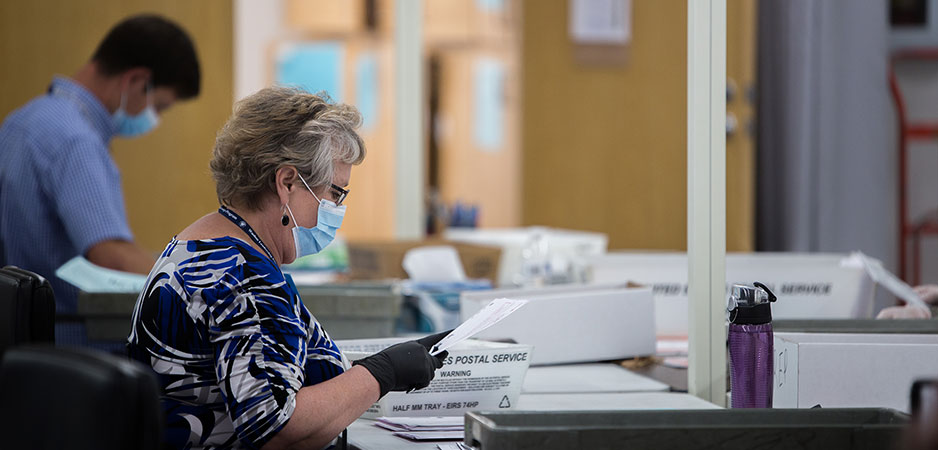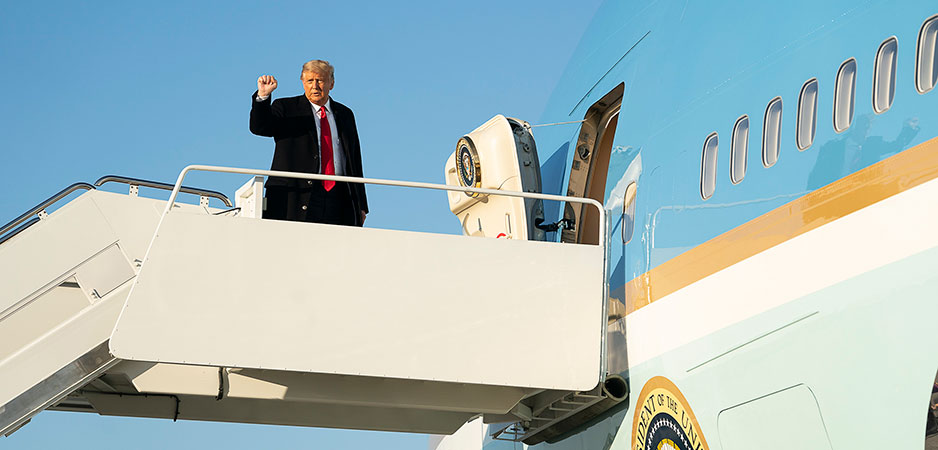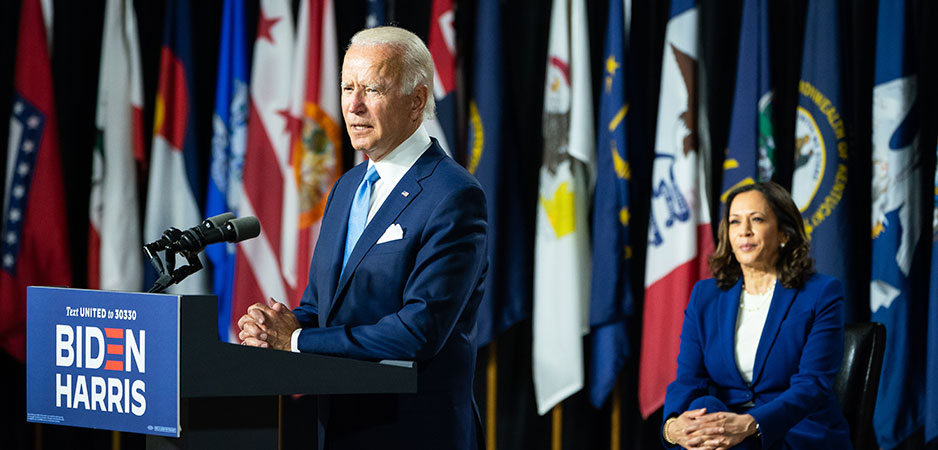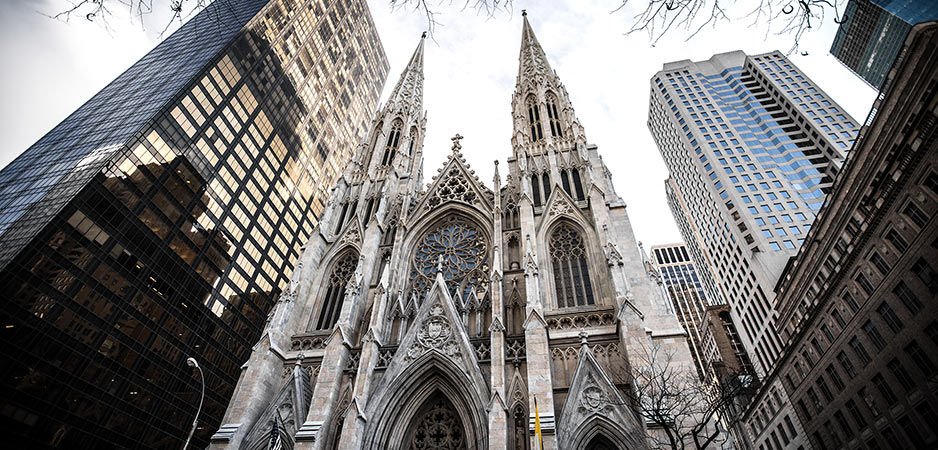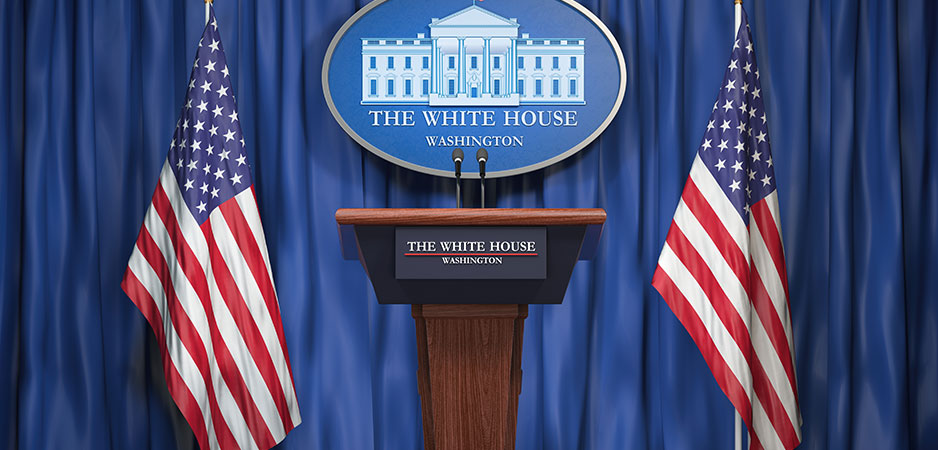Americans are still anxiously waiting to find out who will be the 46th president of the United States. But while the results of the 2020 race may still be murky, what this election has made clear is that whoever succeeds President Donald Trump — whether in 2021 or 2025 — will face an uphill battle of governing a post-Trump America.
What will this look like in practice? One only needs to look as far as one of the United States’ closest allies in the hemisphere, Colombia, for a glimpse of the challenges that await Trump’s successor.
360° Context: The 2020 US Election Explained
Colombian politics has its own Trump-like figure. His name is Alvaro Uribe Velez. Elected in 2002, Uribe governed for eight years as a tough conservative politician. His aggressive military campaigns against the country’s guerilla groups brought long-sought stability and security to much of the country and transformed him into a national hero for many Colombians. But his presidency was also marred by controversy. He has been accused of facilitating widespread human rights abuses, corruption and drug trafficking.
Despite — or perhaps because of — this dual legacy, Uribe has remained a central figure in Colombian politics since leaving the presidential palace. He continues to serve as the leader of the country’s ruling political party, the Democratic Center, and sat as a senator until summer 2020 when he resigned pending the results of a criminal investigation against him.
The influence Uribe continues to wield on the Colombian political scene should serve as a warning to whoever succeeds Trump in the Oval Office. In Colombia, Uribe’s willingness and ability to mobilize broad swaths of the population to support his interests has proved a challenge for governance by opposing politicians.
Former Colombian President Juan Manuel Santos experienced this firsthand in 2016 as he tried to sell the people a peace deal to end the country’s 60-year-long civil war with a guerrilla group known as the Revolutionary Armed Forces of Columbia (FARC). As the most visible and vocal opponent of the deal, Uribe consistently belittled both Santos as a politician and the peace he negotiated with the FARC. “Peace yes, but not like this” became his rallying cry in public speeches, interviews and perhaps his — and Trump’s — favorite platform, Twitter. His vitriolic attacks played a part in Colombians’ surprise rejection of the peace deal in a national referendum, a humiliating defeat for Santos.
Trump May Still Influence US Politics
The small margins of this year’s US presidential election suggest that a Democratic successor to Trump will have to confront a former president with a similarly devoted following as the one Uribe has maintained in Colombia. Trump is unlikely to bow graciously out of politics. With a large base that continues to support him, he could still influence politics informally, by calling on his followers to engage in (possibly violent) protests.
The president’s continued popularity among Republican voters may also force the GOP to maintain its current far-right policy positions to retain voters in future elections. The election of a QAnon conspiracy theorist to the House of Representatives confirms that Trump’s influence reaches beyond the presidency.
Indeed, Democrats are not the only ones who should be worried about Trump’s continued influence after leaving office. Uribe’s handpicked successor in the 2018 presidential election, President Ivan Duque, has struggled to govern under the shadow of the former leader. Like the US, Colombia today is deeply polarized. Though Duque and his allies hold a majority in the Senate, distrust and frustration with the government sent nearly 200,000 Colombians to the streets of the country’s major cities in protest last year.
But Duque’s reliance on support from Uribe’s hardline followers has effectively precluded him from building bridges with his opponents, lest he be seen as abandoning Uribe’s legacy. Unable to fully satisfy either camp, Duque’s approval rating has languished far below 50% for most of his presidency.
Confronting the Legacy
Republicans will face a similar challenge if they wish to maintain Trump’s base while also trying to repair the deep divisions that he has sown among US society.
It may seem extreme to compare the United States to Colombia, a country that has teetered on the edge of collapse and conflict for over 60 years. But the reality is that the US is also a post-conflict country. Our civil war may have ended in 1865, but events in 2020 — the partisan reactions to the coronavirus pandemic, racial tensions following the extrajudicial killings of black Americans, and a presidential vote that remains too close to call three days after the election — have proved that the legacy of the violence and the polarization it sowed persist today.
Whoever succeeds Donald Trump must confront this legacy head-on. But as Colombia shows, doing so with Trump in the background will be far from easy.
The views expressed in this article are the author’s own and do not necessarily reflect Fair Observer’s editorial policy.
For more than 10 years, Fair Observer has been free, fair and independent. No billionaire owns us, no advertisers control us. We are a reader-supported nonprofit. Unlike many other publications, we keep our content free for readers regardless of where they live or whether they can afford to pay. We have no paywalls and no ads.
In the post-truth era of fake news, echo chambers and filter bubbles, we publish a plurality of perspectives from around the world. Anyone can publish with us, but everyone goes through a rigorous editorial process. So, you get fact-checked, well-reasoned content instead of noise.
We publish 2,500+ voices from 90+ countries. We also conduct education and training programs
on subjects ranging from digital media and journalism to writing and critical thinking. This
doesn’t come cheap. Servers, editors, trainers and web developers cost
money.
Please consider supporting us on a regular basis as a recurring donor or a
sustaining member.
Support Fair Observer
We rely on your support for our independence, diversity and quality.
Will you support FO’s journalism?
We rely on your support for our independence, diversity and quality.


